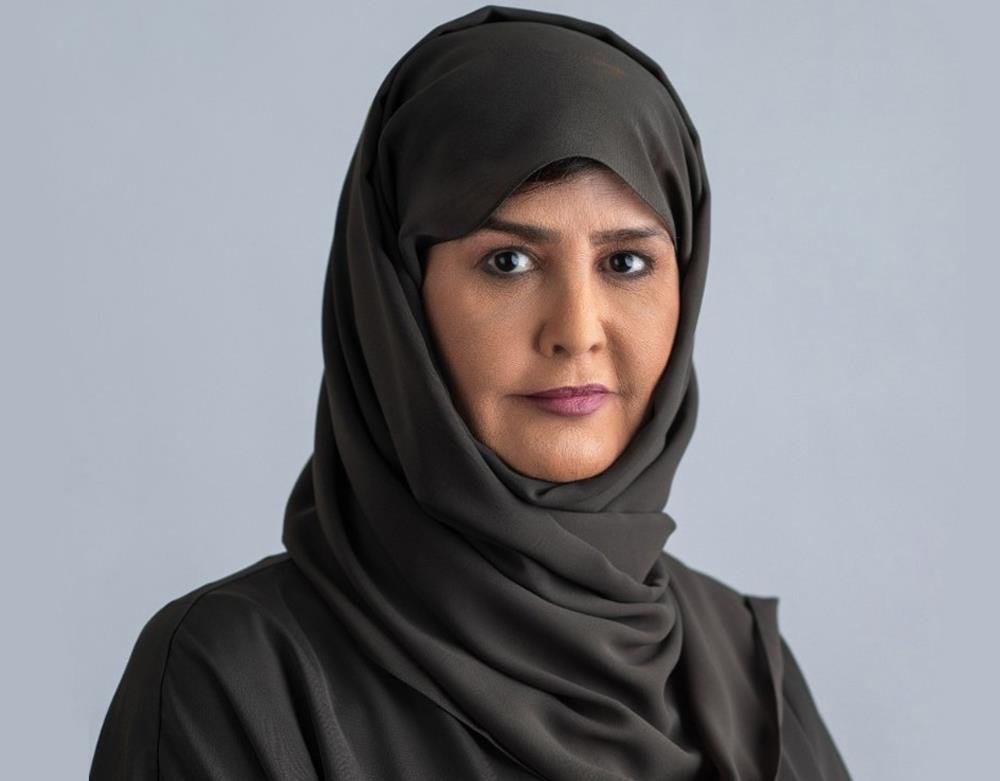(MENAFN- The Peninsula) QNA
Doha, Qatar: Special Envoy of the Arab League Secretary-General for Humanitarian Affairs H E Sheikha Hessa bint Khalifa bin Ahmed Al Thani called for honouring all humanitarian workers around the world and supporting them to promote unity among cultures, nationalities, and religions.
She said that this is to create a more inclusive and sympathetic world that values fundamental dignity for all human beings and build a better future for humanity, characterised by compassion, solidarity, and resilience.
Sheikha Hessa stressed that humanitarian work knows no geographical or political boundaries; does not recognise distinctions between cultures, nationalities, religions, and sects; and does not see differences in colour and race.
In her remarks marking World Humanitarian Day, which falls on August 19, Sheikha Hessa said that humanitarian work is based on the sanctity of human life, its intrinsic value, the universal desire, the endless commitment to alleviate human suffering, and to provide comfort and safety, and heal physical, spiritual, and psychological wounds.
She added that World Humanitarian Day is an annual event celebrated to honour the efforts of humanitarian workers around the world to promote the idea that people of all cultures, nationalities, and religions can unite as an active force in the service of humanity, reminding us of the need to protect and assist those affected by conflicts, disasters, and crises, with a focus on the collective responsibility we share as global citizens.
She added that since the tragic attack that took place in Baghdad on August 19, 2003, when a terrorist attack resulted in the death of 22 humanitarian workers, including the UN Special Envoy Sergio Vieira de Mello, this day has become an occasion to honour, not just those heroes who lost their lives, but also those many humanitarian workers who continue to risk their lives to help others, as this day is considered a global platform to raise awareness of the importance of humanitarian work and call for the appreciation and protection of those involved in humanitarian work.
She pointed out that the effectiveness of humanitarian work depends on the ability of workers to enhance cooperation and understanding between individuals of various cultures, nationalities, and religions by embracing these differences, as workers in this field gain a deeper understanding of the challenges facing different societies, which enables them to respond with sensitivity and cultural understanding and deal in different proper ways with humanitarian priorities.
Sheikha Hessa added that despite humanitarian workers' cultural, religious, and ethnic differences, the common denominator that strengthens their unity is their affiliation and belief in the principles of humanitarian work, which are humanity, impartiality, neutrality, and independence. This diversity enhances their ability to mobilise efforts, build trust, and interact with those who need help most.
She indicated that overcoming cultural barriers and the diversity of cultures poses challenges in humanitarian work but also provides opportunities for growth and learning.
Sheikha Hessa stressed that humanitarian workers often put their lives at risk to save, evacuate, or protect strangers who have no connection with them, but humanity was their motivation and catalyst.



















Comments
No comment